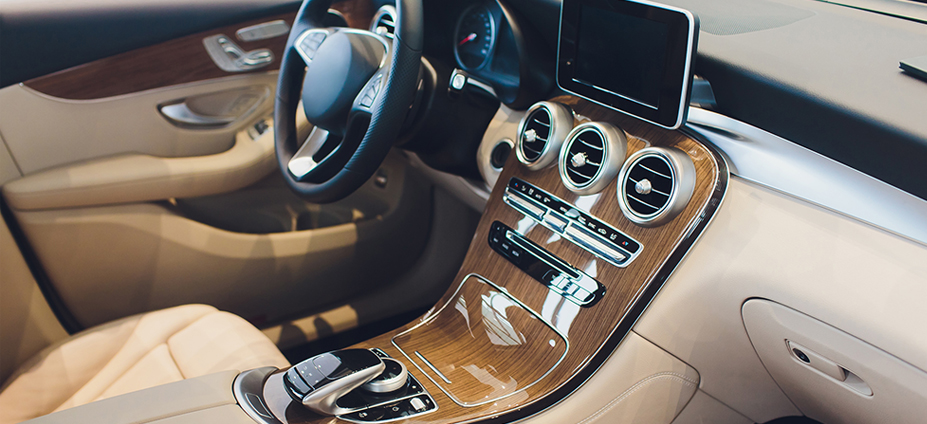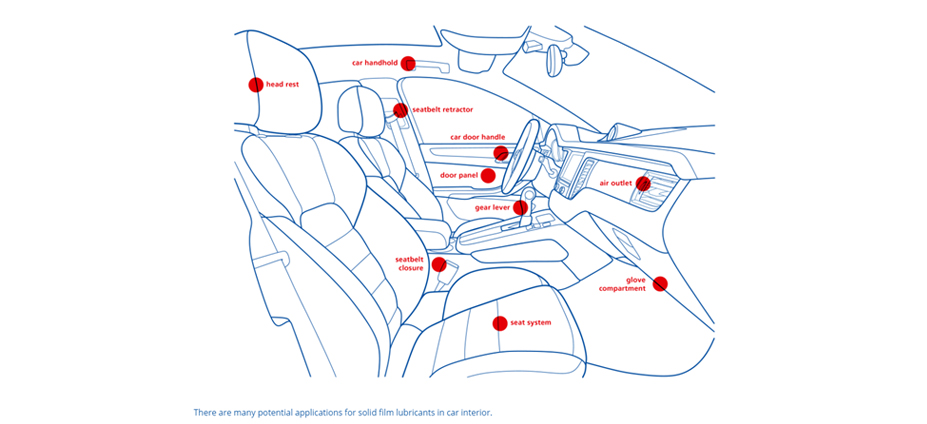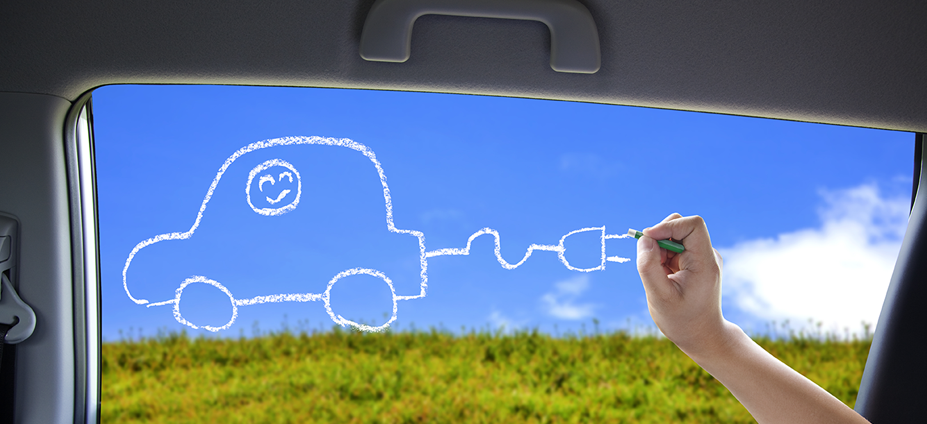Electric cars bring new challenges in automotive
Imagine sitting in your new electric car and driving away. It’s quite a new experience to glide along in silence, isn’t it? But actually, is it really as quiet as you thought it would be?!

Over the years, new innovations in the automotive and supplier industry have made cars quieter and quieter, but the constant introduction of new electric driving concepts will change people’s perceptions of in-car noise once again.
When the noise of the combustion engine comes to an end, other unexpected sounds can be heard. There are all kinds of creaks and squeaks and pops and clicks. The sounds from the interior, which used to be acoustically masked by the familiar background noise of the engine, suddenly stand out. This brings brand new challenges for the automotive industry when it comes to interior development and acoustic interior design.
It is quite irritating when the sounds we’ve said goodbye to can be heard again. At the end of the day, driving a car is a multisensory experience. A creaking central console, knocking door panels and squeaky seats are all things that detract from the joy of driving.
Tribology and stick-slip
When vehicle components made of plastic, elastomers or leather vibrate and rub against each other during driving, annoying sounds can easily occur – generally referred to as ‘tribological’ problems and ‘stick-slip’ phenomena. Tribology is the science and engineering of interacting surfaces in relative motion (such as friction, lubrication and wear). Stick-slip refers to the sounds that arise due to changes in friction, when touching surfaces release their grip and instead slide over each other (such as pops, creaks and squeals).
As well as leading to unnecessary costs – due to wear, corrosion or even breakdown – this kind of problem also affects the actual driving experience.
The solution: dry lubricant
Applying a small amount of special dry lubricant returns the silence. The lubricant quickly forms a dry, friction-minimising adhesive lubricant film on the component surfaces, which also prevents dust and dirt attaching. The dry lubricants can also protect metal parts against corrosion, offer UV protection, and can be dyed to any colour.
FUCHS has a strong passion for this kind of lubricants. They place high demands on expertise in which materials, surface treatments, surface structures and lubricants are compatible with each other.
Dry lubricants are already a virtually indispensable design element in the modern automotive industry. In close collaboration with OEMs, to date we have developed around 20 solid film lubricants for car interior applications alone. They are lubricants for hinges, actuators and screws, but also for seals and leather upholstery details. We are quite simply far advanced in the process of developing solutions that combat disturbing sounds in the vehicles of the future.

Not just automotive
But tribological challenges and stick-slip phenomena occur in other industrial segments too, such as assembly, elastomers, plastics, pneumatics and hydraulics. Today we can offer a range of products for different materials and areas with specific application requirements in different sectors.
Interested in finding out more about dry lubricants?
As a full-service supplier, we are happy to contribute support and advice on everything from choosing the right dry lubricant and how best to apply it, to the best approaches when it comes to quality controls and deliveries.
This might also interest you
Electric cars – new technology calls for new lubrication
The market for electric cars is setting new records. It is redrawing the map in the automotive industry, but also affecting lubricant manufacturers and other suppliers to the industry. Read more about a changing industry, where technical solutions and attitudes towards mobility are currently being challenged.
The rapidly evolving automotive industry
The news is full of new electric and hybrid concepts from vehicle manufacturers. At the same time, we are hearing how cities want to ban diesel vehicles on their streets in the not too distant future. These are clear signs that the industry is changing, challenging our ideas of technology, lubrication – and also mobility. Yes, these are certainly exciting times.

